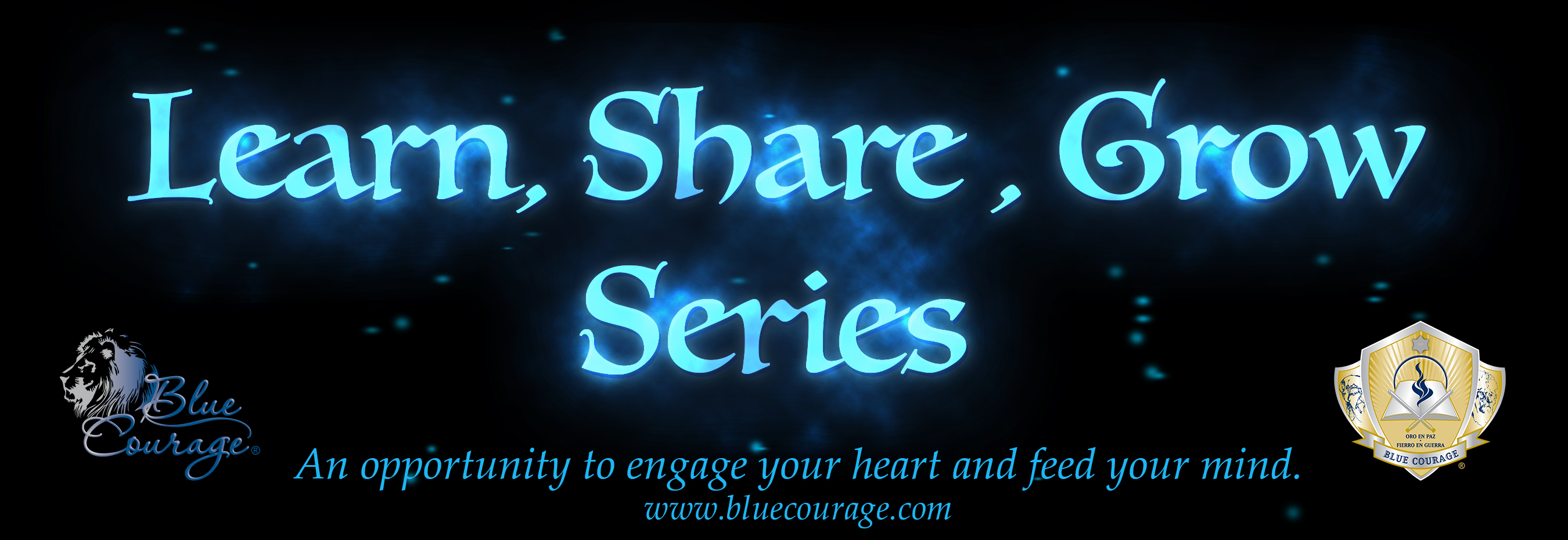Learn, Share, Grow - Is This the End of Culture?

Below is a lesson from Jorg Schmitz on LinkedIn on the transformation of culture in the age of AI, as well as our key learnings.
The Blue Courage team is dedicated to continual learning and growth. We have adopted a concept from Simon Sinek’s Start With Why team called “Learn, Share, Grow”. We are constantly finding great articles, videos, and readings that have so much learning. As we learn new and great things, this new knowledge should be shared for everyone to then grow from.
#07. Anthropologically Speaking ... Is This the End of Culture?
In 1992, Francis Fukuyama famously argued that the end of history had arrived—not in the literal sense, but as the culmination of ideological evolution. Liberal democracy, he suggested, stood as the final form of government, having vanquished its rivals in the ideological struggles of the 20th century. Yet, as history continued unfolding, new technological and geopolitical challenges made his thesis appear, at best, premature. And if anyone were still in doubt, the recent reorientation towards inter-nationalism and authoritarianism is a clear indication that history has returned; and in a way that is endangering liberalism and democracy.
Even though history has not ended, we may be facing a different type of extinction: the possible end of Culture as we have known it. Most certainly, we are witnessing the transformation of Culture. The emergence of artificial intelligence—capable of generating, curating, and even redefining meaning — threatens to upend the very processes through which human societies create, transmit, and evolve their practices, solutions to life's problems as well as their cultural identities. Just as the Cold War gave way to an era where political systems no longer seemed to undergo fundamental change, the age of AI may be heralding the obsolescence of culture’s traditional role in human evolution.
Continue reading here.
Key learnings:
1. Culture and History: A New Inflection Point
-
Francis Fukuyama’s “end of history” thesis (liberal democracy as the endpoint of ideological evolution) appears premature in light of resurgent authoritarianism and nationalism.
-
Similarly, we may now be facing the “end of Culture” as a human evolutionary force—not its disappearance, but its transformation through AI.
2. Culture as Human Adaptation
-
From a bio-cultural anthropology perspective, culture is an adaptive mechanism—a “second genome” enabling humans to evolve through knowledge, traditions, and inter-generational learning.
-
Culture allows rapid adaptation beyond the slow pace of genetic evolution.
3. Cultural Transmission and Change – Three Thinkers’ Insights
-
Yuval Noah Harari: Culture evolves via information networks, which shape civilizations and influence public narratives more for connection than for truth.
-
Margaret Mead: Describes cultural transmission in three modes:
-
Postfigurative: Elders to youth (traditional societies)
-
Configurative: Elders and peers (transitional societies)
-
Prefigurative: Youth to elders (future-oriented, fast-changing societies)
-
-
Margaret Archer: Culture is an emergent property—shaped through interaction between structure and agency via reflexivity:
-
Communicative, Autonomous, Meta- (and later, Fractured) reflexivity explain how individuals contribute to cultural change.
-
4. AI and the Automation of Culture
-
AI now plays a central role in generating, curating, and disseminating meaning—challenging human centrality in culture-making.
-
Artificial Intelligence offers an unprecedented opportunity to enhance creativity, access diverse knowledge, and accelerate problem-solving.
-
With intention and care, we can use AI as a collaborative partner, not a replacement—helping amplify human voices and preserve cultural richness.
5. Human Creativity Finds New Expressions
-
AI-generated art, literature, and music can complement human creativity, opening new mediums and modes of cultural expression.
-
The challenge is not to resist change, but to embed humanity into the algorithms—ensuring culture remains expressive, diverse, and values-driven.
6. Culture’s Role is Evolving, Not Diminishing
-
Rather than becoming obsolete, culture is shifting its form—from organic to hybrid, from purely human to co-created.
-
This opens a door for new forms of meaning-making, inclusion, and global dialogue.
7. Toward a Fourth Stage of Culture?
-
Mead’s typology might need a new stage: “non-figurative culture”, where knowledge is abstract, detached from lived or material experience, and produced by machines.
-
This culture is not experienced or interpreted, but generated and distributed for optimization.
8. Empowering the Human Role
-
AI challenges us to reassert what is most human: our capacity to question, to care, to create, and to build relationships through meaning.
-
The moment calls for active cultural authorship—infusing our tools and systems with intention, ethics, and humanity.
9. The Future is Ours to Shape
-
This is not the end of culture, but a profound invitation to reinvent it—with AI as a powerful ally in navigating complexity, diversity, and global change.
-
The essential question becomes: How can we use this transformation to deepen, not dilute, what makes us human?
Stay connected with news and updates!
Join our mailing list to receive the latest news and updates from our team.
Don't worry, your information will not be shared.
We hate SPAM. We will never sell your information, for any reason.

